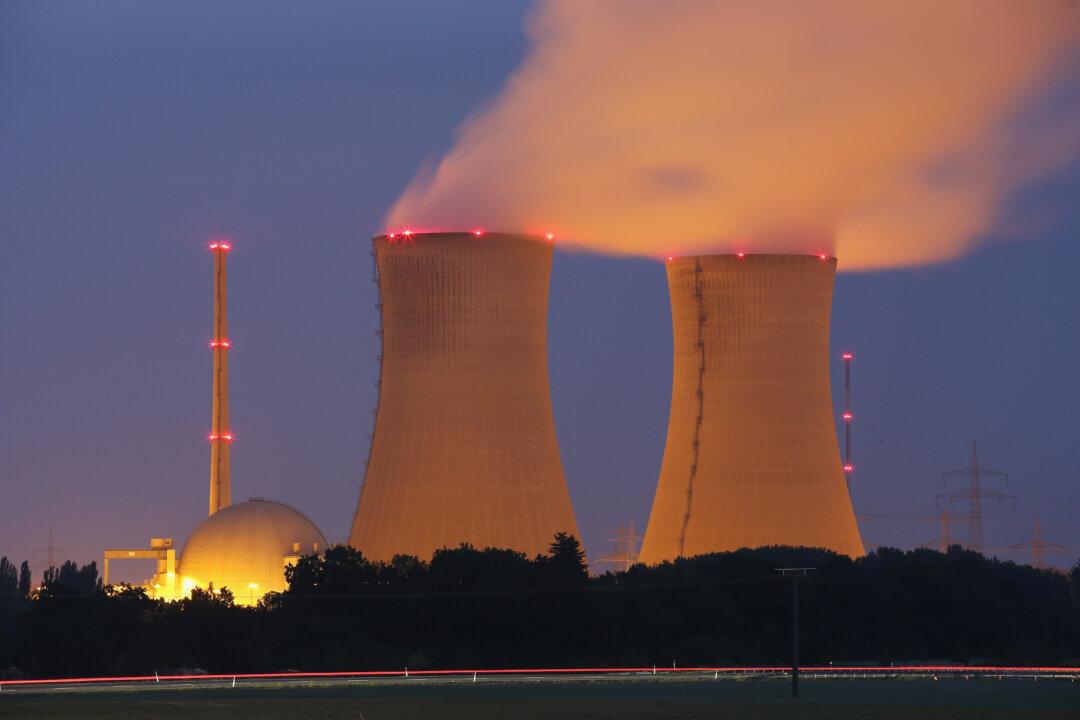The mayor of Kimba, a South Australian town originally designated for a nuclear waste disposal site, says Australia should have an open conversation about the energy source.
Mayor Dean Johnson’s comments come after federal Opposition Leader Peter Dutton revealed his party would commit to constructing seven nuclear generators across the country if elected.





